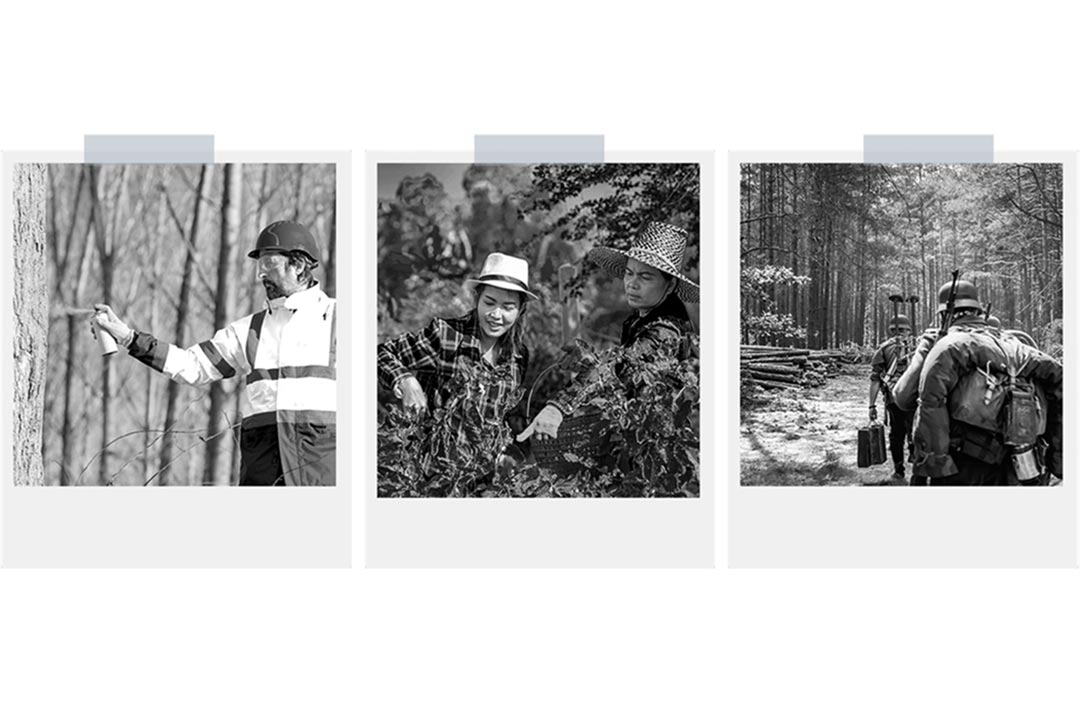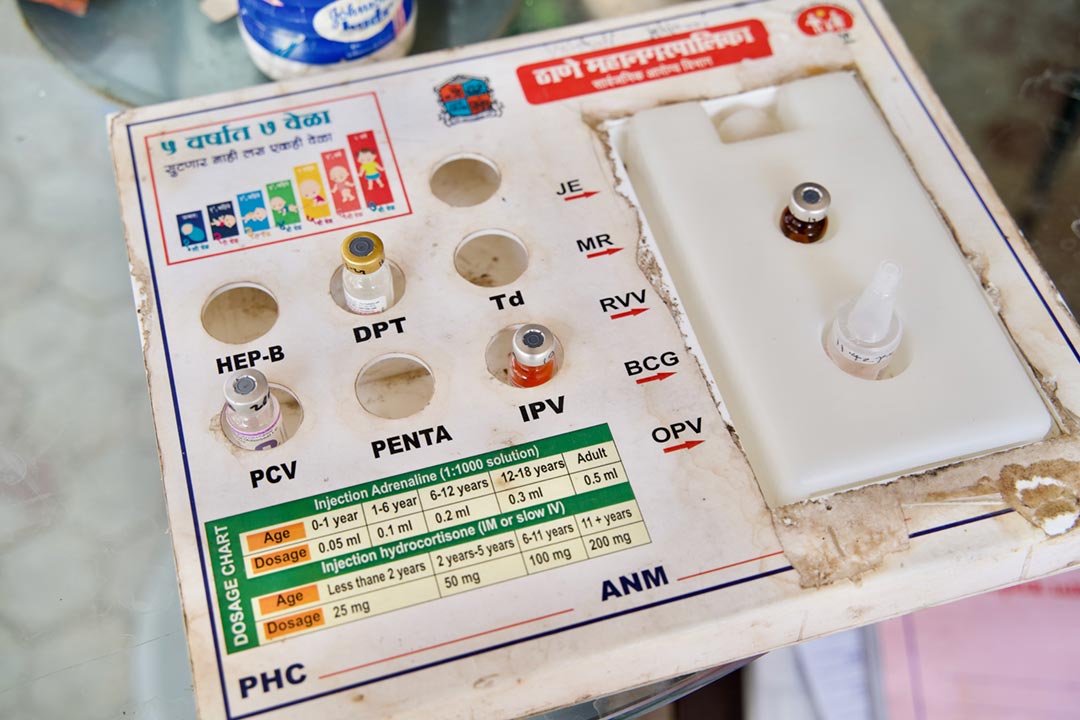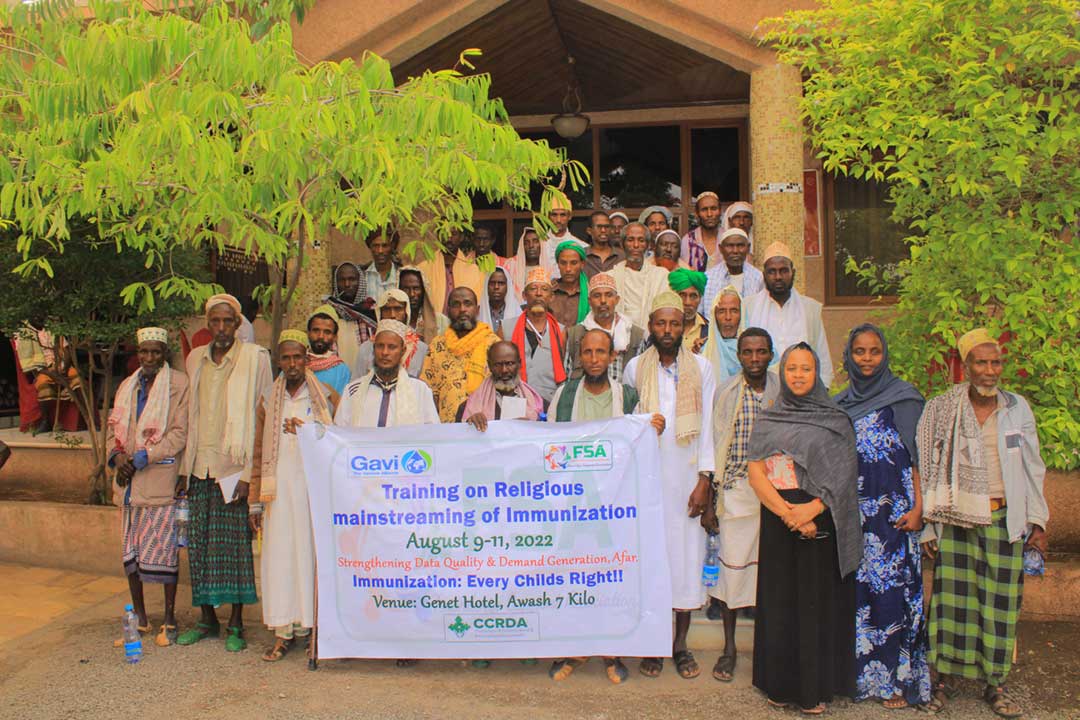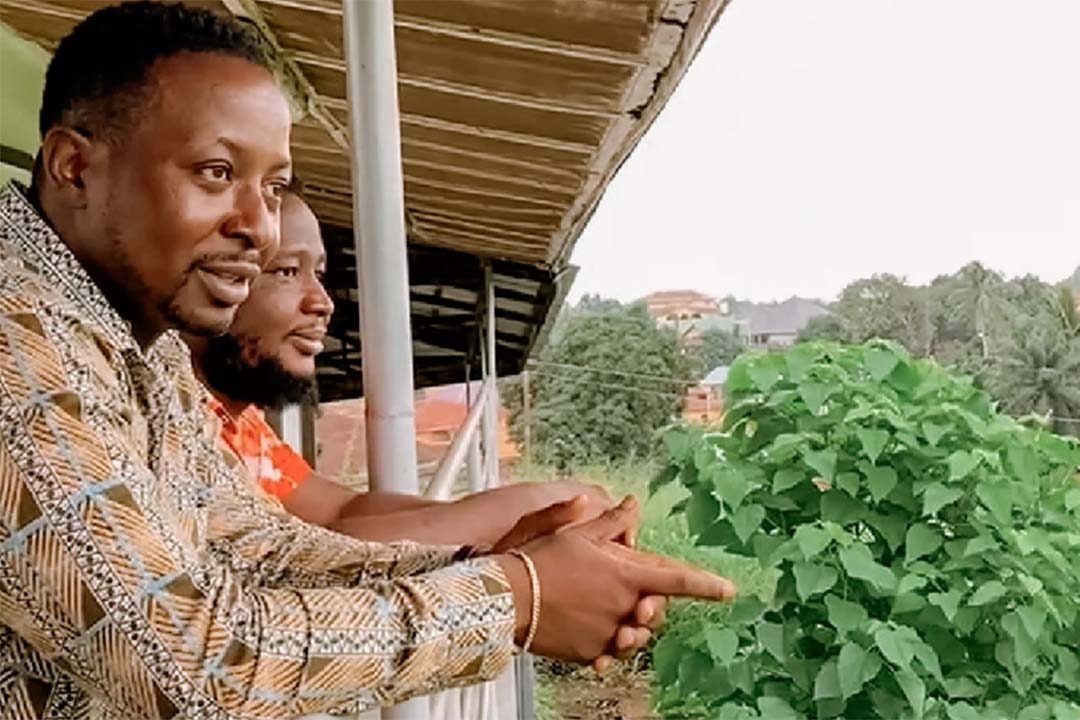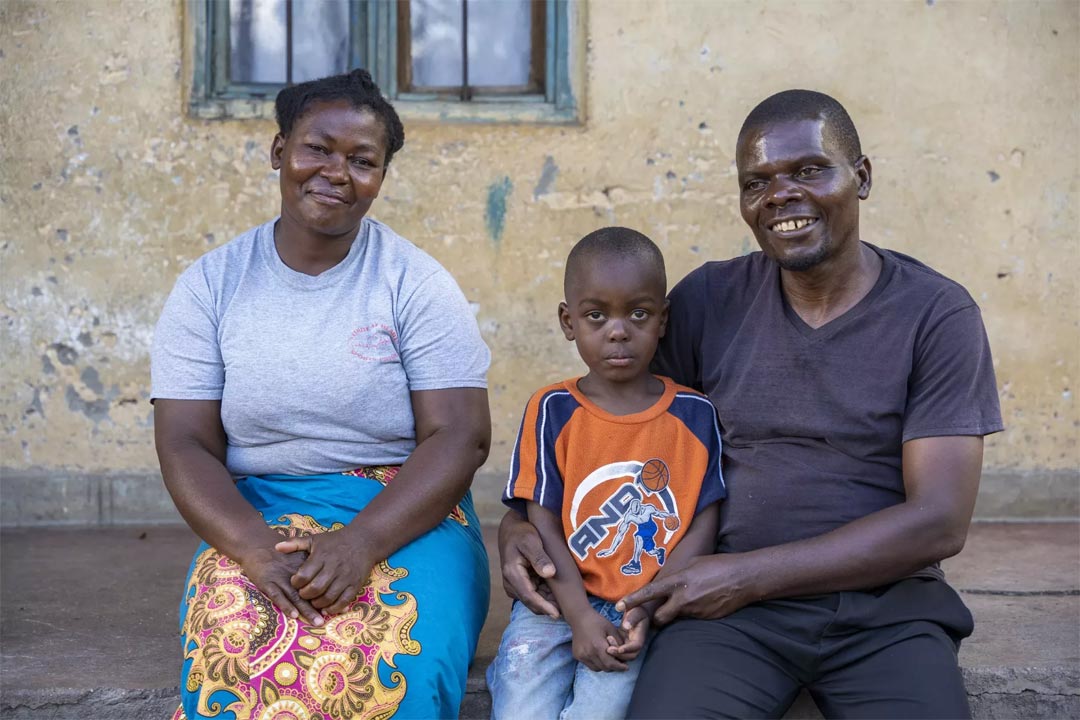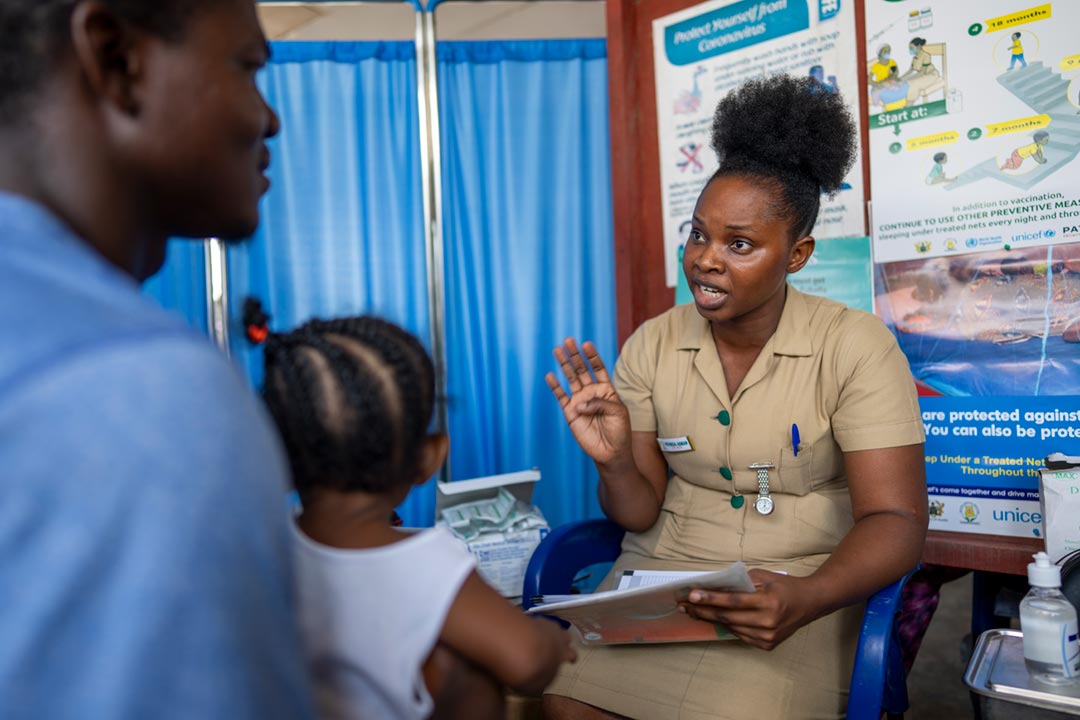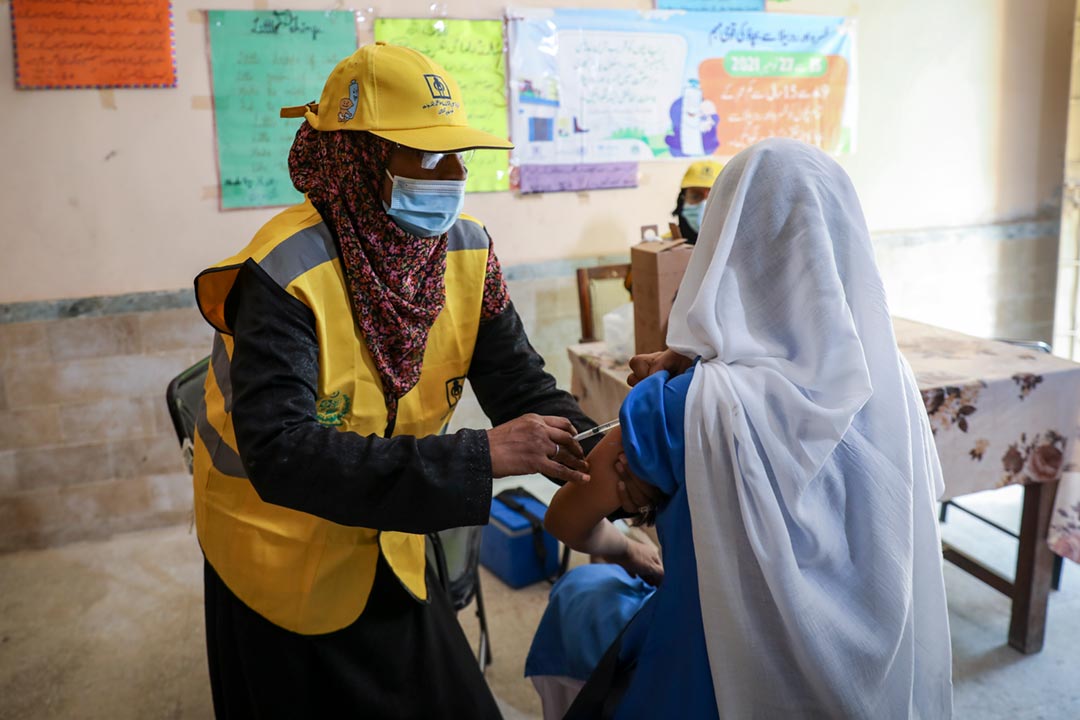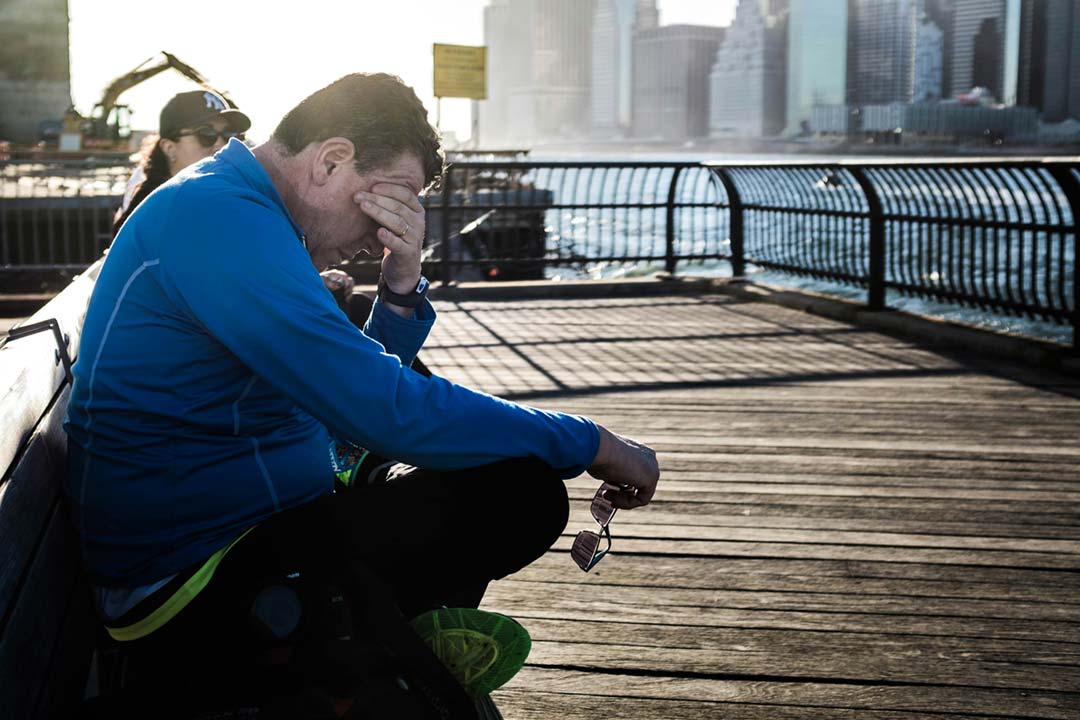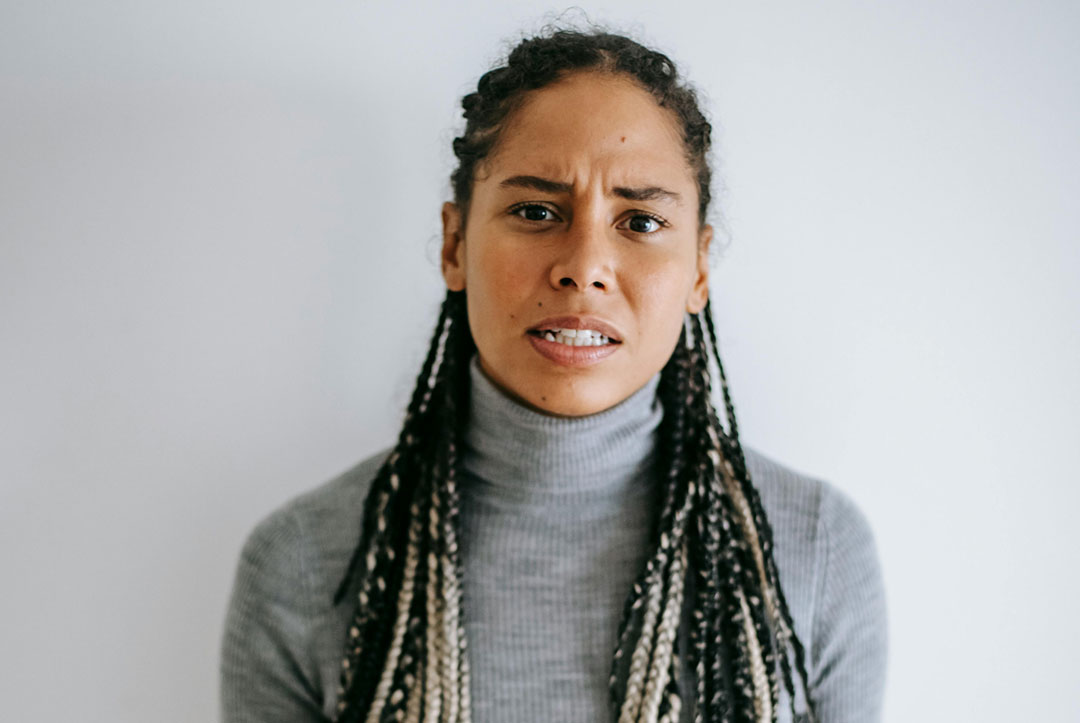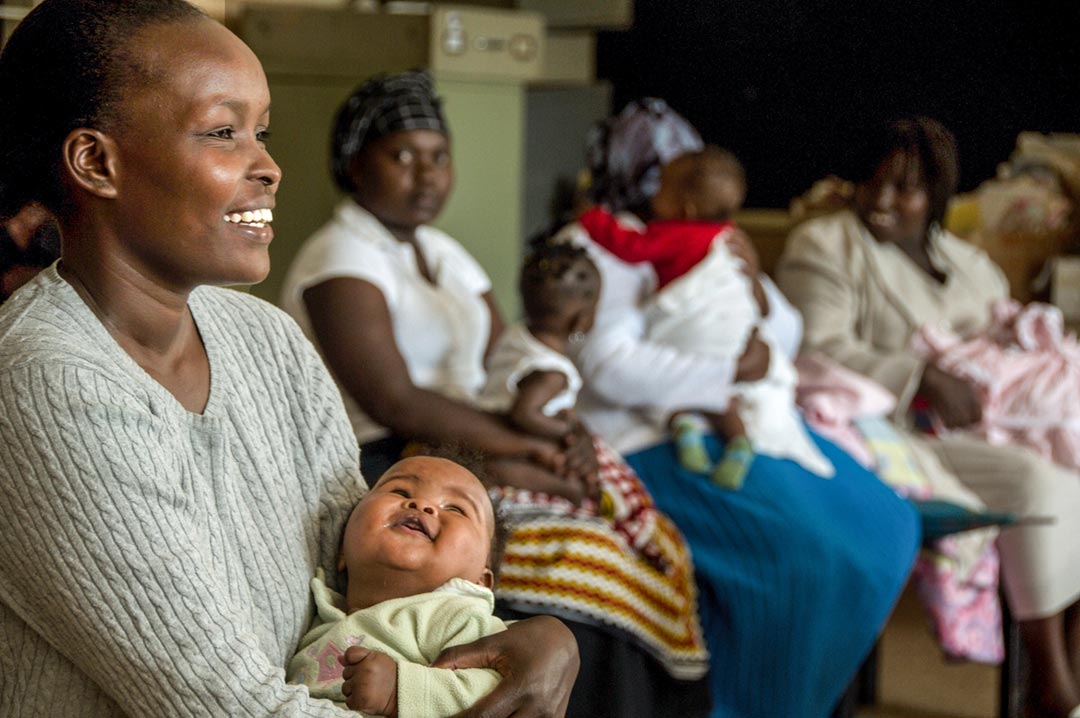One dose of HPV vaccine produces a long-lasting immune response, shows study
WHO said this year that just one dose of the vaccine against cervical cancer is protective. Now a study has confirmed that the immune response remains strong ten years post-vaccination.
- 2 December 2022
- 3 min read
- by Priya Joi

What is the research about?
Earlier this year, The World Health Organization’s (WHO’s) Strategic Advisory Group of Experts on Immunization (SAGE) said that a single dose of HPV vaccine is effective in protecting against human papillomavirus (HPV) infections for types 16 and 18 that cause 70% of cervical cancer cases.
Protection from a single dose is enough to protect against the virus, say the researchers, which offers reassurance that one dose is enough to protect girls from developing cervical cancer.
Previously, the HPV vaccine had been given in two or three doses, which had meant that uptake was not as high as it should have been. A multiple-dose schedule may have been discouraging to girls aged 9 to14 years, not all of whom are in school in low-income countries, where cervical cancer is a major threat. Being able to use a single dose also means that doses will stretch much further, meaning more girls will be able to be vaccinated.
What did the researchers do?
Researchers writing in Vaccine looked at the immune response of recipients of a single-dose of quadrivalent HPV vaccine against HPV types 6, 11, 16 and 18 at ten years post-vaccination.
Have you read?
They looked at young women (age 23 to 24 years) in India who had been vaccinated as teenagers with either one, two or three doses. Of the participants, 324 were given a single dose, 190 were given two doses and 167 were given three doses. The control group had 352 unvaccinated participants.
The researchers took serology samples at different timepoints up to ten years after vaccination.
What did they find?
The study found that once antibody levels plateaued between 12 and 18 months, they then stayed consistent for the ten years after the vaccination.
Although levels of HPV type-specific (binding or neutralising) antibodies were lower after a single dose than after three doses of the vaccine "they were all significantly higher than those observed in unvaccinated women following natural infections", with two to four times the level of antibodies.
What does this mean?
Although the immune response is stronger with more doses of vaccines, the protection from a single dose is enough to protect against the virus, say the researchers, which offers reassurance that one dose is enough to protect girls from developing cervical cancer.
"The results correlate well with the high vaccine efficacy of single-dose against persistent HPV 16/18 infections," say the team.
More from Priya Joi
Recommended for you
